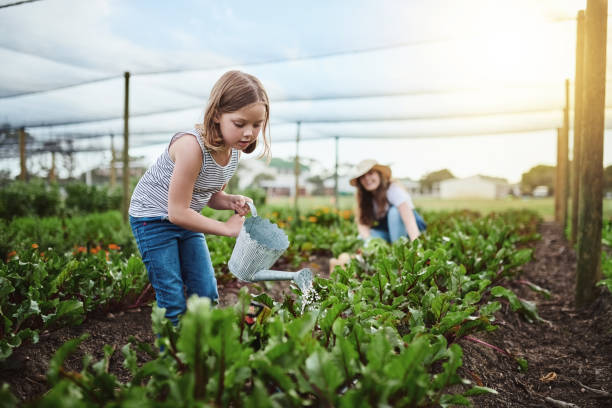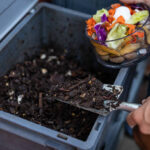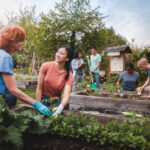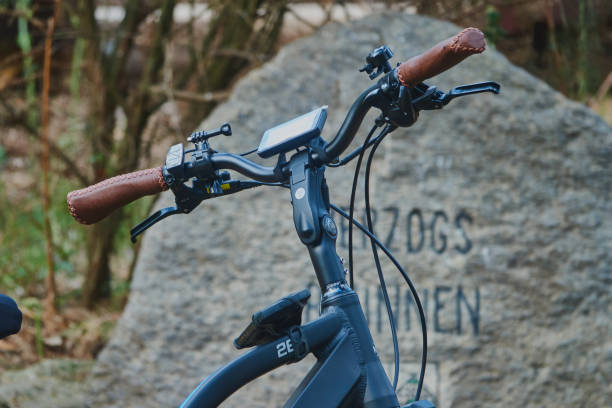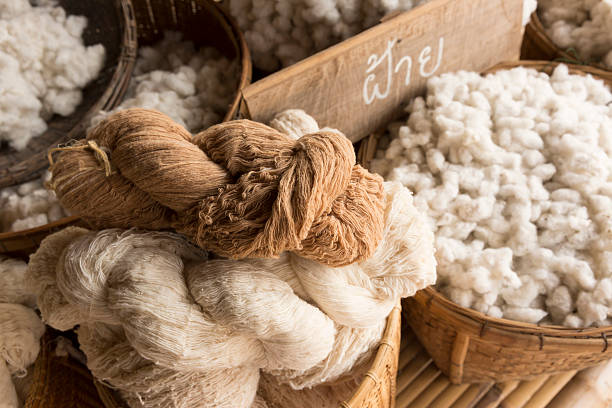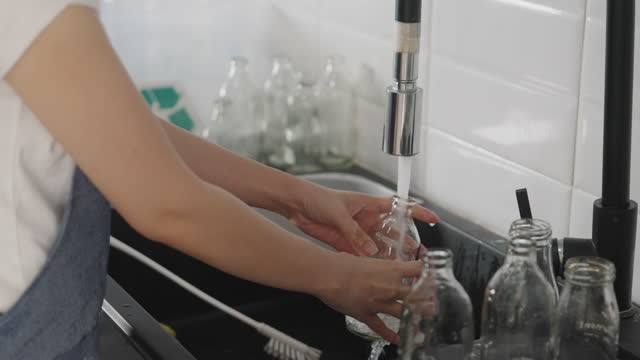Sustainable Parenting: Green Tips and Products for Eco-Conscious Families
This post contains affiliate links. I may earn a commission at no extra cost to you if you make a purchase. Note that I’m not a health or outdoor safety professional, so further research is advised. Your support keeps Outdoors A-Z running—thank you! Read the full disclosure.. Read the full disclosure here.
In today’s world, where environmental concerns are increasingly prominent, more and more families are embracing sustainable parenting practices. Sustainable parenting, also known as eco-parenting, involves making conscious choices to reduce our ecological footprint while raising our children. This article aims to provide valuable tips and product recommendations for eco-conscious families looking to embrace a greener lifestyle.
Table of Contents
Eco-friendly Practices for Sustainable Parenting
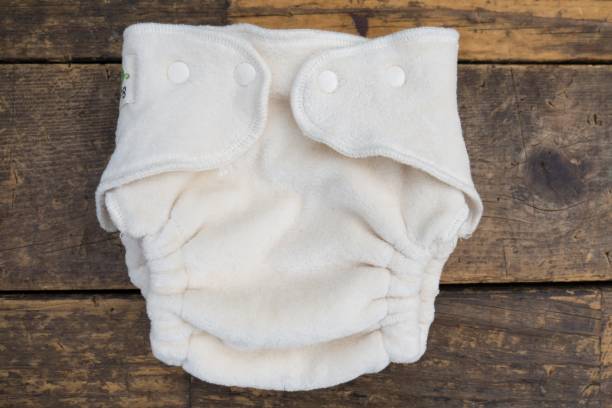
Cloth Diapering: Reducing waste and chemical exposure
Cloth diapering is gaining popularity due to its numerous benefits for both the environment and the baby’s health. By using reusable cloth diapers, parents can significantly reduce the amount of waste generated by disposable diapers. Cloth diapers are also free of harmful chemicals found in some disposable options, promoting a safer and healthier environment for the baby.
Breastfeeding: A natural and sustainable choice
Breastfeeding is not only a natural way to nourish a baby but also a sustainable choice. It eliminates the need for formula production, packaging, and transportation, reducing carbon emissions and waste. Breast milk is always available, requires no additional resources, and provides optimal nutrition for the baby.
Organic Baby Food: Promoting health and sustainability
Opting for organic baby food ensures that your child consumes products free from harmful pesticides and chemicals. Organic farming practices support sustainable agriculture and contribute to healthier ecosystems. Preparing homemade baby food using organic ingredients further reduces packaging waste.
Green Cleaning Products: Safe and non-toxic alternatives
Traditional cleaning products often contain harsh chemicals that can harm both the environment and our health. Switching to green cleaning products, which are made from natural and biodegradable ingredients, reduces chemical exposure and water pollution. Look for eco-certifications to ensure the products meet high environmental standards.
Eco-Friendly Toys: Encouraging creative and sustainable play
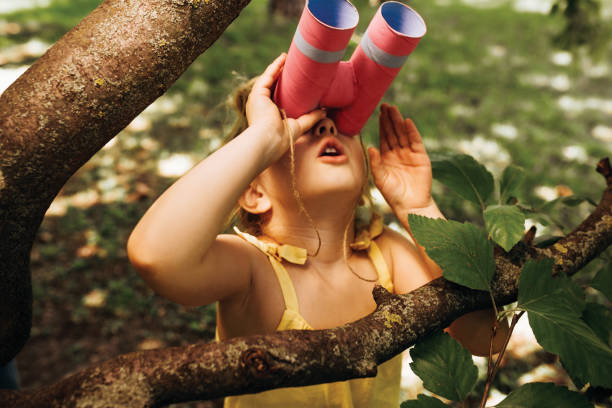
Conventional toys are often made of plastic and contribute to waste generation. Opt for eco-friendly toys made from sustainably sourced materials, such as wood or organic cotton. These toys are safer for children, promote imaginative play, and are more environmentally friendly.
Minimalism and Secondhand Shopping: Reducing consumption and waste
Embracing a minimalist lifestyle and shopping for secondhand items significantly reduces consumption and waste. Instead of buying new clothes, furniture, or baby gear, consider purchasing gently used items or borrowing from friends and family. This approach minimizes the demand for new products and extends the lifespan of existing ones.
Sustainable Parenting at Home
Creating an eco-friendly home environment is crucial for sustainable parenting. Here are some practices to incorporate:
Creating an eco-friendly nursery
Design a nursery with sustainable materials, such as non-toxic paints and furniture made from renewable resources. Choose organic bedding and mattresses to minimize exposure to harmful chemicals.
Energy-efficient appliances and lighting
Invest in energy-efficient appliances and use LED or CFL bulbs for lighting. Unplug electronics when not in use and teach children the importance of conserving energy.
Water conservation practices
Install low-flow faucets and showerheads, and teach children to turn off the water while brushing their teeth. Collect rainwater for watering plants and use water-efficient irrigation systems.
Composting and recycling
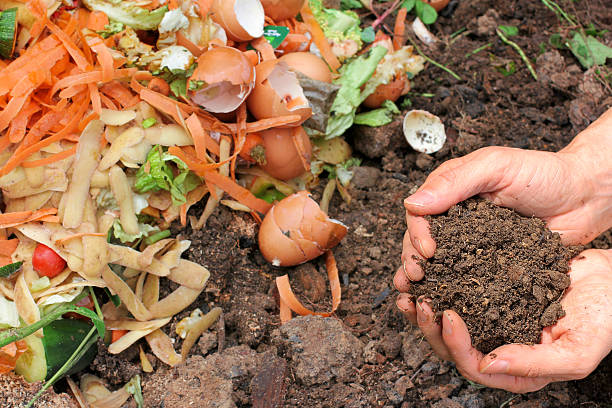
Set up a composting system for food scraps and yard waste, reducing the amount of waste sent to landfills. Teach children about the importance of recycling and create dedicated recycling bins throughout the house.
Eco-Conscious Traveling with Kids
Traveling with children can be an opportunity to teach them about sustainability. Consider the following tips:
Choosing eco-friendly transportation options
Whenever possible, opt for public transportation or carpooling to reduce carbon emissions. If driving is necessary, choose fuel-efficient vehicles or consider electric options.
Packing sustainable essentials
Bring reusable water bottles, cloth bags, and food containers to minimize single-use plastic waste. Use eco-friendly sunscreen and insect repellents to protect your family and the environment.
Supporting local and sustainable tourism

Seek accommodations that prioritize sustainable practices, such as energy conservation and waste reduction. Support local businesses and choose activities that have minimal environmental impact.
Teaching Children about Sustainability
Instilling a sense of environmental responsibility in children helps shape their behavior and values. Here are some ideas:
Engaging in nature activities
Spend time outdoors, exploring parks, hiking trails, or nearby natural areas. Teach children about different ecosystems, plants, and animals, fostering a connection to nature.
Teaching the importance of recycling and waste reduction
Involve children in sorting and disposing of recyclables. Explain the benefits of waste reduction and how recycling helps conserve resources.
Encouraging gardening and growing food
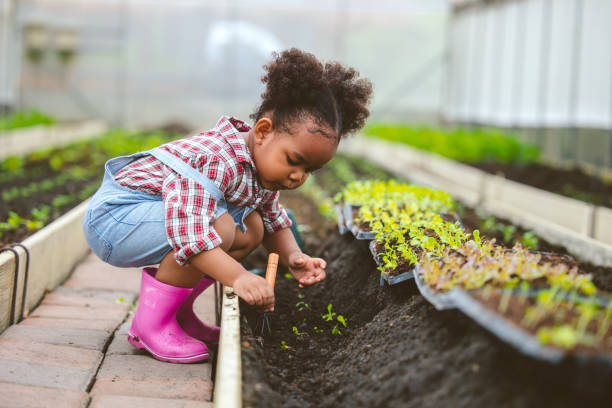
Engage children in gardening activities, such as planting vegetables or herbs. Teach them about the benefits of growing their own food and the importance of sustainable farming practices.
Eco-Friendly Parenting Products
Choosing eco-friendly products for your children helps reduce their exposure to harmful substances and supports sustainable manufacturing practices. Consider the following:
Organic and non-toxic baby care products
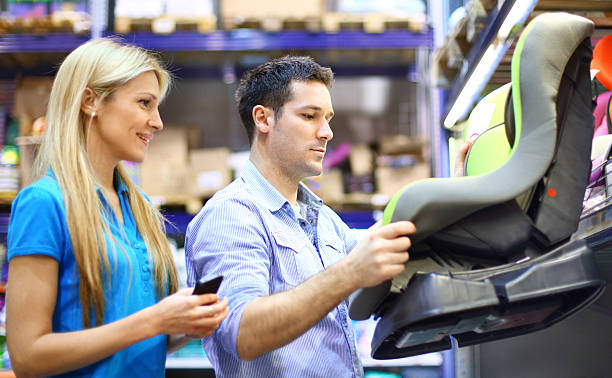
Look for baby care products made from natural and organic ingredients, free from harmful chemicals. Choose biodegradable wipes and diapers made from sustainable materials.
Sustainable clothing and accessories
Opt for clothing made from organic cotton or other sustainable fabrics. Seek out brands that prioritize fair trade practices and ethical manufacturing.
Eco-friendly strollers and car seats
Look for strollers and car seats made from recycled materials or those that can be easily recycled at the end of their lifecycle. Choose products with minimal plastic components.
Reusable and zero-waste products for families
Embrace reusable alternatives, such as cloth wipes, menstrual cups, and stainless steel or glass containers for food storage. These options minimize waste and are more sustainable in the long run.
Supporting Eco-Conscious Brands and Initiatives
Make informed choices and support brands that prioritize sustainability and ethical practices:
Researching and choosing sustainable brands
Before making a purchase, research brands that align with eco-conscious values. Look for certifications and transparent sustainability initiatives.
Supporting local and ethical businesses
Choose locally sourced products and support small businesses that prioritize sustainability and fair trade practices. This helps reduce carbon emissions from transportation and supports the local economy.
Getting involved in community sustainability projects
Join or initiate community projects focused on sustainability, such as clean-up initiatives, recycling programs, or educational workshops. Engaging with like-minded individuals fosters a sense of community and collective action.
Final Thoughts
Sustainable parenting involves making conscious choices that benefit both our children and the environment. By adopting eco-friendly practices at home, teaching children about sustainability, and choosing eco-conscious products, families can contribute to a greener future. Embracing sustainable parenting not only reduces our ecological footprint but also instills lifelong values of environmental responsibility in our children.
FAQs
Is sustainable parenting more expensive?
Sustainable parenting can be cost-effective in the long run. While some eco-friendly products may have a higher upfront cost, they are often more durable and can be reused or passed down to other children. Additionally, practices such as cloth diapering and breastfeeding can lead to significant savings over time.
Are cloth diapers hygienic for babies?
Cloth diapers can be just as hygienic as disposable diapers when properly cared for. Modern cloth diapers are designed to be absorbent and can be easily washed. Regular washing routines and proper hygiene practices ensure that cloth diapers are clean and safe for babies.
Can sustainable parenting be challenging?
Sustainable parenting requires a shift in mindset and habits, which can be challenging at first. However, with time and commitment, eco-friendly practices become a natural part of daily life. Start by making small changes and gradually incorporate more sustainable choices into your family’s routine.
Are there any benefits for children from sustainable parenting?
Sustainable parenting provides numerous benefits for children. They grow up in a healthier environment with reduced exposure to harmful chemicals. They also learn valuable lessons about conservation, responsibility, and respect for the natural world, which can shape their behavior and values as they grow.
How can I involve my children in sustainable practices?
Involve children in age-appropriate activities, such as recycling, gardening, or turning off lights to save energy. Teach them about the impact of their actions on the environment and encourage their curiosity and interest in sustainability.

